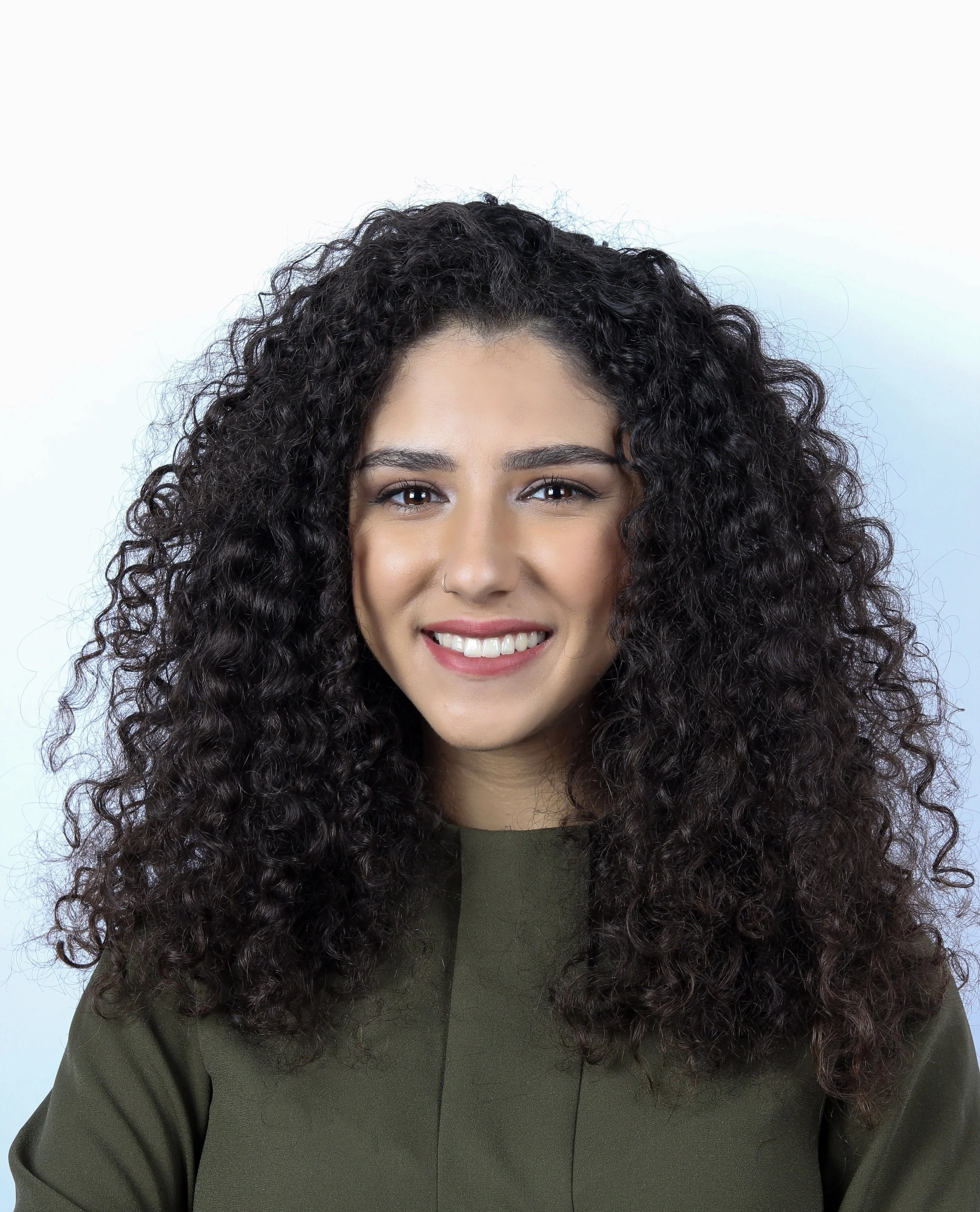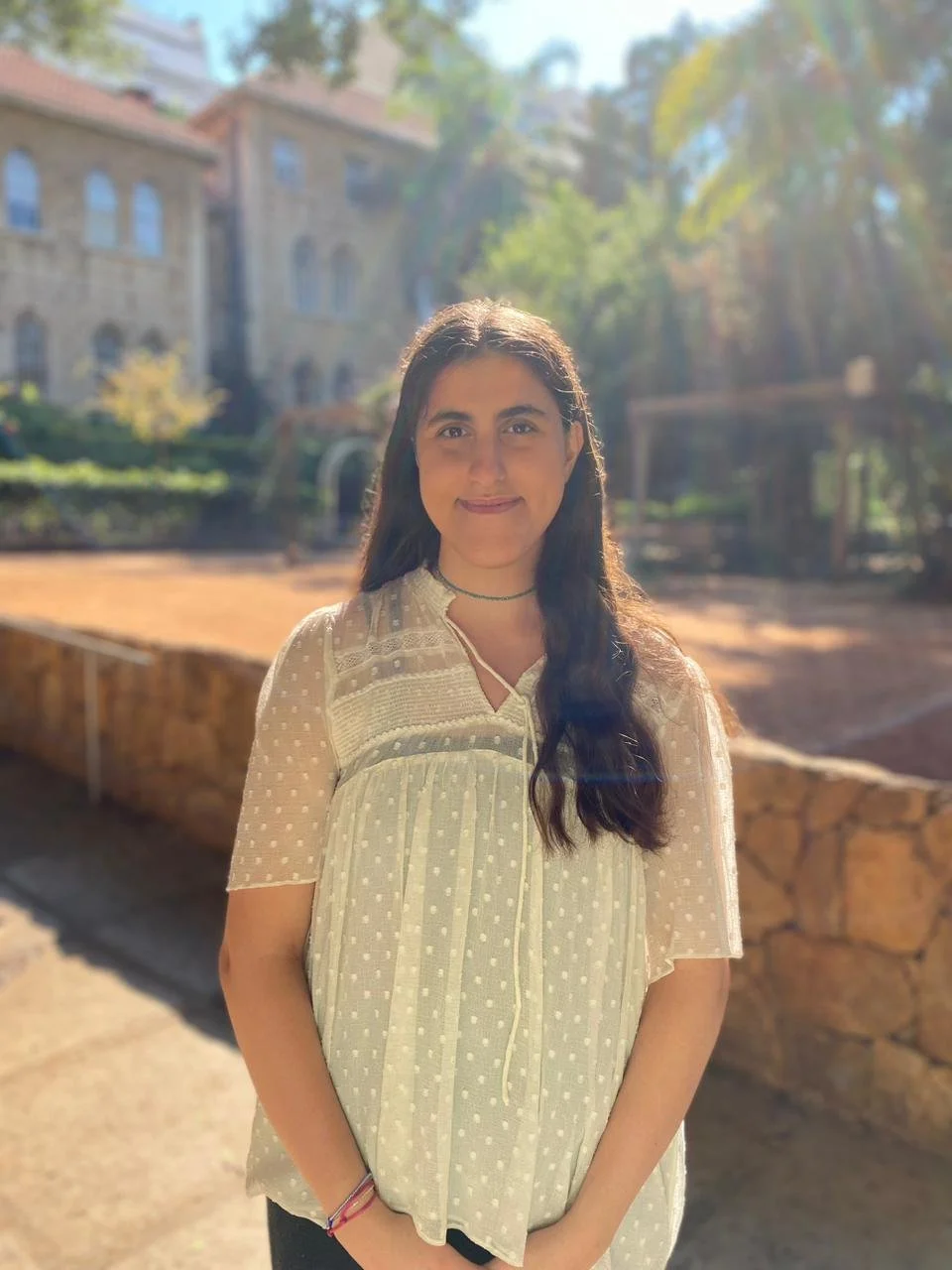What is the role of Student Ambassadors?
Selected ambassadors will:
Represent the Lawful by Design initiative on their campus or institution
Promote awareness of IHL and legal review obligations through events, workshops, and campaigns
Collaborate with Article 36 Legal and fellow ambassadors to share ideas, content, and best practices
Participate in virtual training and networking sessions with experts in law, ethics, and technology
Contribute to Article 36 Legal blog posts, LBD Live podcast interviews, or student-led outreach materials
Serve for a term of one academic year, with opportunities for renewal
Benefits to you
Recognition as a Lawful by Design Student Ambassador
Access to expert mentoring and interdisciplinary training
Certificate of participation and LinkedIn endorsement
Opportunity to contribute to real-world policy and education initiatives
Priority consideration for internships, project collaborations, and future roles with Article 36 Legal
Lawful by Design Student Ambassador Scheme
The Lawful by Design Student Ambassador Scheme is an initiative by Article 36 Legal to promote awareness of International Humanitarian Law (IHL) and the legal review of weapons under Article 36 of Additional Protocol I to the Geneva Conventions, particularly among the next generation of researchers, engineers, and innovators.
As AI, autonomy, robotics, and emerging military technologies become increasingly integrated into national defence strategies, students and early-career researchers in law, engineering, computer science, and defence studies will play a vital role in shaping these systems. However, general knowledge of the legal and ethical frameworks governing the development and use of such technologies remains limited, especially the obligations under Article 36.
This Student Ambassador Scheme aims to bridge this gap by empowering students to become informed advocates for responsible and lawful innovation in military technology.
Objectives
The Lawful by Design Student Ambassador Scheme will:
Raise awareness of IHL obligations and the requirement to conduct legal reviews under Article 36
Promote understanding of the intersection between law, ethics, and emerging technologies in military contexts
Encourage interdisciplinary dialogue across faculties (law, engineering, philosophy, defence studies, AI, etc.)
Provide leadership and public engagement opportunities for students
Contribute to the creation of a community of emerging professionals committed to the responsible design and use of military technologies
Who Should Apply?
We invite expressions of interest from undergraduate, honours, masters, and PhD students who are studying or researching in one or more of the following areas:
International law / IHL / arms control
Engineering and defence technology
Robotics and autonomy
Artificial intelligence and machine learning
Ethics, philosophy, or policy relating to emerging tech and warfare
International relations
Applicants should demonstrate a commitment to public service, academic integrity, and responsible innovation.
Meet the LBD Student Ambassadors
-

Flóra Merész (Regional Coordinator Europe)
Flóra Merész is a Public International Law LL.M. student at Leiden University. She recently graduated from Leiden University College, where she majored in International Justice. Her main research interests lie in military AI, and more specifically, the use and regulation of AI Decision Support Systems (AI-DSS) for the protection of civilians. She wrote her Bachelor’s Thesis on the use of AI-DSS by the Israeli Defence Forces, examining specifically the legality of the Lavender and Gospel systems. In the future, her goal is to work on the development and implementation of a regulatory framework on emerging military technologies that safeguards civilians in armed conflicts.
-

Michael Loftus (Regional Coordinator US)
Michael C. Loftus is the U.S. Regional Coordinator for Article 36 Legal’s Lawful by Design Student Ambassador scheme, where he works to translate the complexities of international humanitarian law (IHL) and AI-enabled and autonomous weapons into accessible insights for multidisciplinary audiences. A doctoral student at Johns Hopkins SAIS, his research focuses on U.S. humanitarian policy in potential great power conflict, with particular attention to the protection of civilians and emerging technology. Michael previously served at the U.S. Department of State, advising senior leadership on humanitarian strategy, arms transfers, and civilian harm mitigation in conflicts from Gaza to Ukraine. A former U.S. Army officer, he brings over a decade of combined military, policy, and humanitarian experience to advancing responsible innovation and strengthening the bridge between researchers, engineers, policymakers, and legal advisors.
-

Adeela Ahmed (Regional Coordinator South Asia)
Adeela Ahmed is a PhD Candidate in International Relations at the School of Integrated Social Sciences, the University of Lahore Lahore Pakistan. Research Fellow Center for Security and Strategy Policy Research Institute (CSSPR), Lahore Pakistan. Adeela is a researcher in International Security, focusing on the intersection of technology and strategic stability in South Asia. Her research investigates how emerging military technologies, such as AI and hypersonic systems, are challenging existing nuclear deterrence dynamics.
-

Roger Lo (Regional Coordinator Asia-Pacific)
Roger Lo is a junior at National Chengchi University, majoring in Diplomacy and International Law and Digital Governance, with minors in Law and Philosophy. He serves as Vice President of the NCCU Jessup International Law Society and Director of International Affairs at National Taiwan University’s National Security and Strategic Studies Institution. He was also the Academic Director of the NCCU Diplomacy Student Association.
-

Miguel Albán (Regional Coordinator Latin America)
Miguel Albán is a lawyer specializing in human rights, constitutional law, and public international law. He is currently pursuing a master’s degree in human Rights and Democratization in Latin America and the Caribbean, focusing on the protection of collective and environmental rights, transitional justice, and democratic strengthening. His professional path combines academic research, legal drafting, and project design with an emphasis on fundamental rights protection and sustainable development. He holds certifications in international humanitarian law, human mobility, social inclusion and conflict transformation. His aspiration is to contribute to the consolidation of the rule of law in the region through research, teaching, and advocacy, integrating the defense of human rights with peace-building, social justice, and innovation in public policy at both regional and international levels.
-

Natali Gbele
Natali is a research assistant and doctoral candidate at Ludwig Maximilians University in Munich, Germany. Her research focuses on the challenges of opaque AI-DSS in international humanitarian law.
-

Hekmat Hasan
Hekmat is a trainee journalist, documentary filmmaker, and researcher specialising in artificial intelligence in defence and security. He is the Founder & Editor-in-Chief of Coded Wars, an independent platform investigating how AI and emerging technologies are reshaping modern warfare and security policy. He is currently completing a BA (Hons) in Broadcast & Digital Journalism at the University of West London.tion goes here
-

Sonia Fereidooni
Sonia is a University of Cambridge Digital Humanities PhD student studying the sociotechnical impacts of Generative AI on the Majority World, particularly the military-industrial-academic supply chain that allows AI to be weaponized through its integration with AI-enabled weapon systems in global conflict settings. She completed her BS in Computer Science & Data Science, BA in Sociology, and MS in Computer Science & Engineering at the University of Washington. Her research has spanned AI Bias, Commonsense Reasoning, improving unsupervised Computer Vision models, and designing equitable Computer Science education. She previously worked as a Research Engineer at Google Brain and DeepMind, developing and open-sourcing the AI/ML development frameworks T5X and SeqIO. She was also a Responsible AI Research Fellow at Google's Impact Lab involved in analyzing systemic biases within Google's search algorithms, and a Research Scientist at the Allen Institute for AI (Ai2) working on the Mosaic Team researching commonsense reasoning in AI models
-
Rym Badran
Rym Badran is an LLM candidate for the European Master in Law, Data and AI (EMILDAI) at Dublin City University, specializing in data governance on a full Erasmus Mundus scholarship. She earned her Bachelor of Laws from Paris-Panthéon-Assas University and her Bachelor of Arts in Political Science and International Affairs from the Lebanese American University. Her research interests include the regulation of cyberwarfare, cross border sensitive data flows, the intersection of gender and technology, and advancing ethical considerations in critical infrastructures and military applications of emerging technologies. She is particularly committed to strengthening technology governance in the SWANA region and promoting human rights–based approaches to digital policy in the Global South.
-

Gabriel Lee Mac Fadden Santos
Lee is currently pursuing an LLM in Public International Law at the University of Oslo. He has a masters in philosophy from the University of Lisbon and a bachelors in law from the Federal University of Rio Grande do Sul (Brazil). Lee is passionate about international humanitarian law and always excited about its promotion to the general public and other fellow students. He co-founded the UFRGS IHL Clinic, where he currently supervises the research working group.


